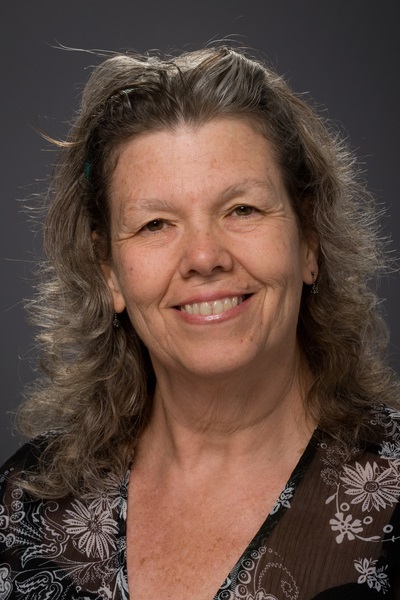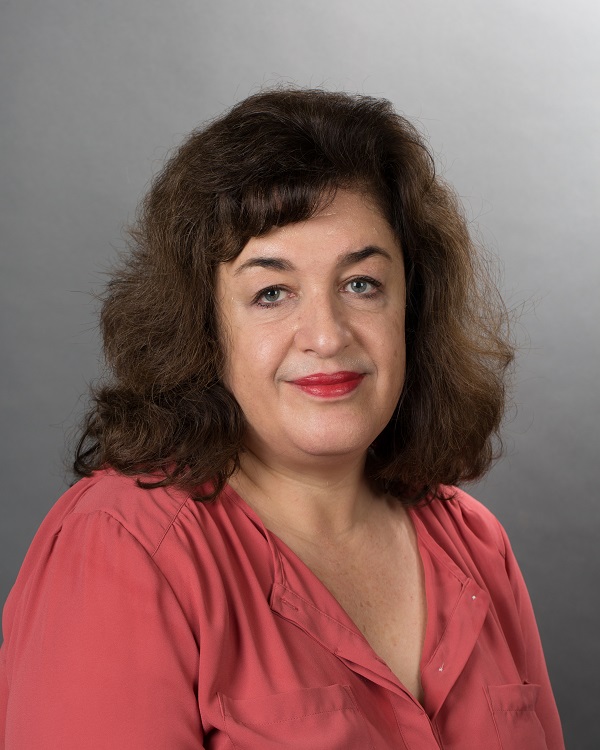
Remediation of Gaps in Clinical Skills: One Size Fits One
| Registration |
|---|
|
Series Description
Remediation in Health Science Education
As a follow-up to the IAMSE fall 2016 web seminar series on assessment, the spring 2017 IAMSE web seminar series will continue with exciting, informative sessions focusing on remediation. The goal of remediation is to correct the course of students who have gone astray in their journey to become a health professional. However, because of the varying components in a professional health science curriculum including basic science knowledge, clinical skills, and professionalism coupled with ever changing curricular modifications; effective remediation in health science education has become a complex issue with many challenges.
To explore some of these issues, the spring web seminar series will provide a series of presentations by speakers who will share their experiences and expertise in remediation. The fundamental groundwork for the understanding of the importance of successful remediation will be laid and examples of programs who have applied these principles to integrated basic science courses and clinical skills will be provided. A timely presentation on the approaches to remediation of the new paradigm in undergraduate medical education assessment: Entrustable Professional Activities (EPAs) will be included. Licensing exam failures are a major concern in health professions education and one session will be dedicated to a panel presentation of identification of students in jeopardy of not passing and/or remediation of these exams from the perspectives of allopathic (USMLE Step-1), osteopathic (COMLEX), and physician assistant (PANCE) medical programs.
The series will also contain a session on the many issues (philosophical, educational, and legal) of “forward-feeding” assessment information on learners to faculty in subsequent courses. The audience will be invited to contribute to the series by sharing their experiences and insights using the phone line or our newly implemented backchannel communication.
Webinar Description
Remediation of gaps in clinical skills requires an individualized approach to the learner, the problem, and the clinical setting in which the gaps are noted. Having the learner repeat a standardized patient skills encounter alone, for example, will likely not result in the desired demonstration of adequate skills which were absent on initial assessment. However, a methodical assessment of the learner’s cognitive or behavioral errors, followed by progressive coaching to an acceptable endpoint, is usually successful in achieving targeted skills acquisition. This session will discuss methods of analyzing clinical skills encounters for, and of remediating, common cognitive or behavioral learning issues in ways that are respectful of the learner and that contribute to durable improvement in clinical skills. We will specifically discuss teaching approaches that have been implemented successfully in clinical skills remediation situations.
Learning Objectives
- Analyze the learners cognitive or behavioral error
- Create an individualized remediation plan
- Assess the effectiveness of the plan
Speakers
 Cate Nicholas, MS, PA, EdD
Cate Nicholas, MS, PA, EdD
Director of Simulation Education and Operations and the Standardized Patient Program, University of Vermont
Dr. Nicholas is the Director of Simulation Education and Operations for the University of Vermont (UVM) Clinical Simulation Laboratory (CSL) which serves the Colleges of Medicine, College of Nursing and Health Sciences, and the UVM Medical Center. The CSL is dually accredited by the Society for Simulation in Healthcare (SSH) and the American College of Surgeons. As simulation educational consultant, she works with faculty to integrate simulation based educational teaching and assessment activities into formal curriculum, programming and continuing healthcare education. Dr Nicholas is the Director of Clinical Skills Curriculum for the UVM Larner College of Medicine. She oversees all M1-M4 clinical skills curriculum and assessment including remediation process. She is an Assistant Professor in OB-GYN and Family Medicine and retired from her private practice after 35 years.
Dr. Nicholas is an Accreditation Site Reviewer for SSH as and the Vice Chair of Quality for the SSH Certification Committee. She is past chair of Research and Grants for the Association of Standardized Patient Educators (ASPE) and was named the ASPE Educator of the Year for 2011. Dr Nicholas is interested in use of debriefing techniques in remediation, faculty development in feedback and debriefing skills, patient centered/relationship centered communication skills and the effect of gendered communication on interprofessional teams.

Camilla Curren, MD
Assistant Clinical Professor of Internal Medicine, Ohio State University Medical Center
Dr. Curren is an Assistant Clinical Professor of Internal Medicine at OSU Medical Center and of Pediatrics at Columbus Children’s Hospital, and serves as Director of Longitudinal Groups for the newly integrated Lead.Serve.Inspire Curriculum at OSU College of Medicine in Columbus, Ohio. She is the recipient of numerous teaching awards from the OSU College of Medicine including the 2016 Master Teacher Award from Courage to Teach and the 2016 Distinguished Educator Award from the College of Medicine and the 2015 Alumni Faculty Teaching Award. Dr. Curren works with and mentors faculty in the remediation of students with clinical skills deficits in the first two years of medical school (Part One) during their earliest clinical experiences.
She is a graduate of The Ohio State University College of Medicine and of the OSU and Nationwide Children’s Hospitals Internal Medicine/Pediatrics program and is actively involved in the preclinical and clinical aspects of teaching medical students and residents.
Available Credit
- 1.00 CE Contact Hour(s)

 Facebook
Facebook X
X LinkedIn
LinkedIn Forward
Forward